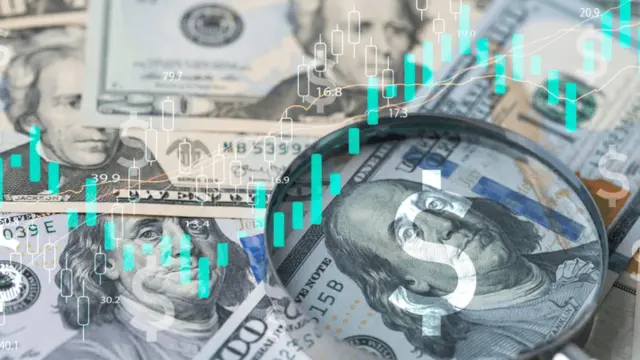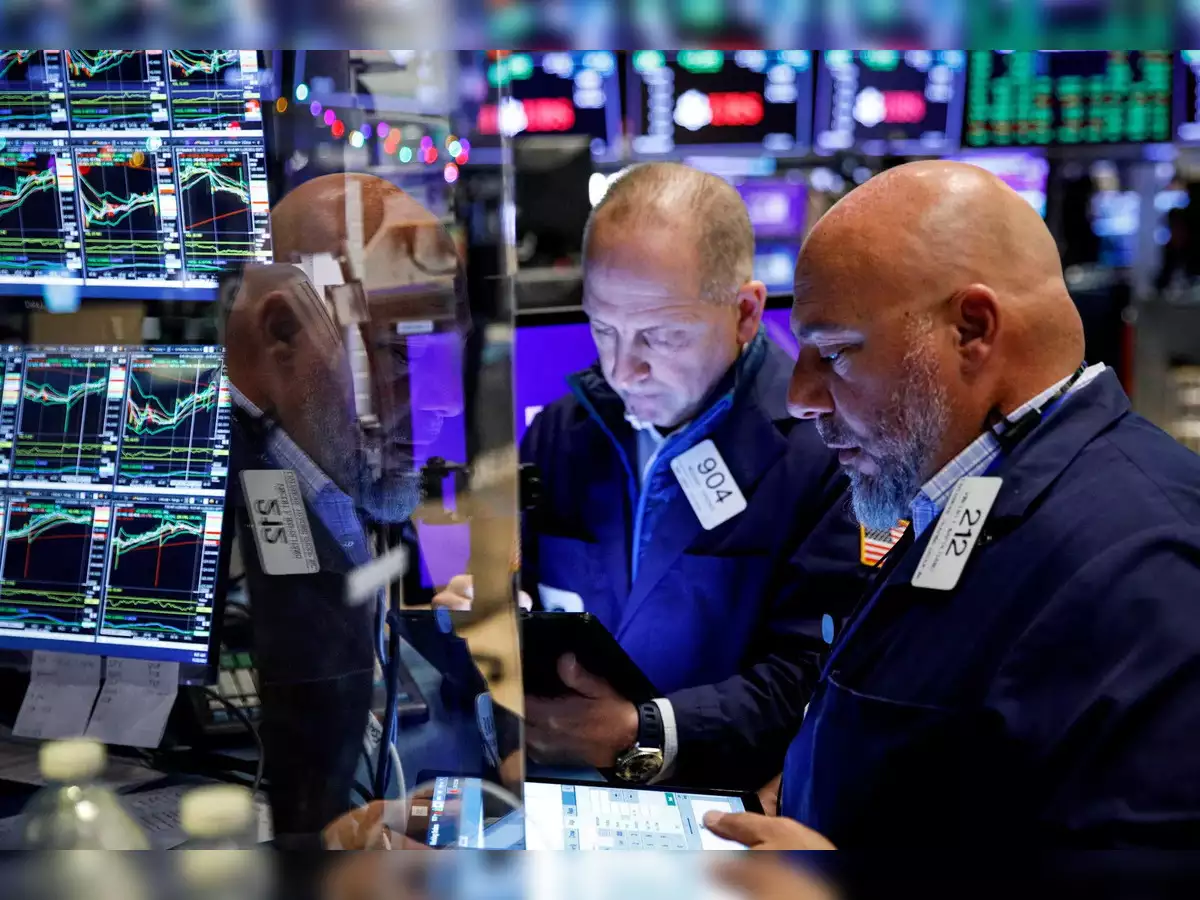trending
neon
Cirque du Soleil offers summer ticket deals
dining out
Celebs ditch the Strip for iconic Henderson restaurant
july 
trending
neon
Cirque du Soleil offers summer ticket deals
dining out
Celebs ditch the Strip for iconic Henderson restaurant
july 

Higher interest rates often trigger fears of a market downturn, but historical data suggests otherwise. While some sectors face challenges, others thrive in a high-rate environment. Investors should focus on strategic allocation rather than panic selling




Rising interest rates have historically been associated with stock market volatility, prompting fears of declining equity prices. Investors often worry that higher borrowing costs, reduced consumer spending, and tighter monetary policies will slow corporate growth and hurt stock valuations. However, history suggests that while rising rates pose challenges, they do not necessarily doom the stock market.
In fact, certain sectors benefit from higher interest rates, and stocks can still perform well under tighter financial conditions. The key for investors is to understand which industries thrive, how historical trends play out, and what strategies can help navigate this changing economic landscape.
The Federal Reserve (Fed) plays a central role in setting interest rates as part of its monetary policy to control inflation and economic growth. When inflation rises too quickly, the Fed increases interest rates to slow down borrowing and spending.
However, this does not mean that stock markets always decline when rates rise. The overall impact depends on economic conditions, corporate earnings, and investor sentiment.
Looking at past rate-hike cycles, we see mixed results. Some market corrections have followed interest rate increases, but in many cases, stocks have continued to rise.
✅ 1980s-1990s: Despite multiple rate hikes, the stock market performed strongly due to robust economic growth. ✅ 2004-2006: The Fed raised rates 17 times, yet the S&P 500 still posted gains. ⚠️ 2015-2018: Gradual hikes initially led to strong stock performance, but late-cycle hikes contributed to a market downturn in 2018.
The takeaway? Stock market declines depend more on economic conditions than rate hikes alone. If growth remains strong, companies can absorb higher borrowing costs and continue expanding.
Higher interest rates often trigger fears of a market downturn, but historical data suggests otherwise. While some sectors face challenges, others thrive in a high-rate environment. Investors should focus on strategic allocation rather than panic selling
the latest

US Treasury Yields Surge: What This Means for Bond Markets
US Treasury yields have surged, sparking concerns among bond market investors. This article explores how these rising yields are affecting bond prices, the broader market, and what investors should consider moving forward.

Tech Sector Growth Amid Rising Inflation Concerns
The tech sector continues to experience significant growth even in the face of rising inflation. This article explores how technology companies are adapting to economic challenges and driving innovation in an uncertain economic environment.

Inflation Reduction Act: How It’s Shaping Future Investments and Financial Policies
The Inflation Reduction Act (IRA) is reshaping the landscape of investments and financial policies, focusing on climate change, healthcare, and tax reform. This article explores how the IRA is influencing market trends and shaping the future of the economy

S&P 500 Hits Record High: What’s Driving the Rally in 2025
The S&P 500 has hit a record high in 2025, signaling a strong performance in the stock market. This article explores the key factors driving the rally, including corporate earnings growth, economic recovery, and investor sentiment.

US Dollar Strengths and Weaknesses: Impact on Global Trade and Inflation
The US Dollar’s fluctuations in value can have a significant impact on global trade and inflation. A stronger dollar can lower inflation by making imports cheaper, but it can also hurt US exports. Conversely, a weaker dollar can increase inflation but boost exports. This article explores these dynamics in the context of the global economy

Biden’s Economic Agenda: What It Means for Corporate Taxes and Investments
Biden's economic policies have significantly impacted corporate taxes and investment strategies in the U.S. His administration's proposed tax reforms and infrastructure plans are shaping business investment, with companies adjusting to new tax structures and the changing regulatory landscape.

Stock Market Reacts to Latest Economic Data and Fed Policy Announcements
The stock market’s movements have been closely tied to the latest economic data and Federal Reserve policy announcements. Investors are reacting to inflation readings, employment data, and the Fed’s stance on interest rates as they navigate uncertainty in a shifting economic landscape.

Why Annuity Owners Value Lifetime Income Security
Annuities offer retirees a reliable stream of lifetime income, protecting them from market volatility and ensuring long-term financial security

Why the Election Rally Could Continue in 2024
Stock markets are experiencing a strong post-election rally, driven by investor optimism, policy expectations, and economic growth prospects. Will the momentum continue